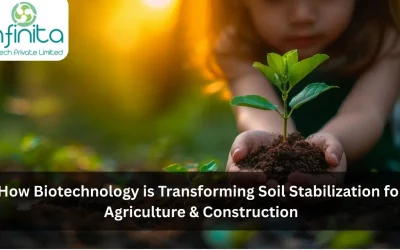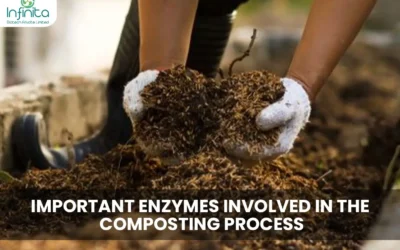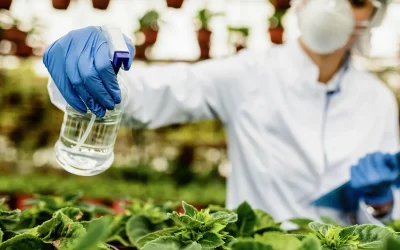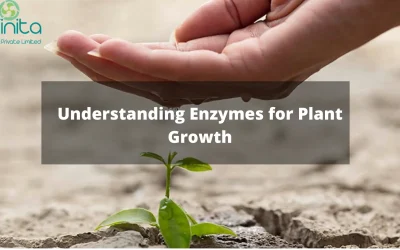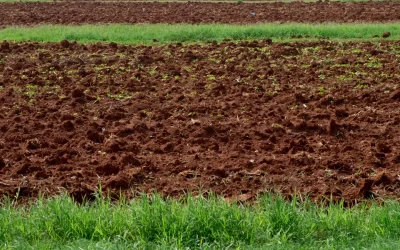Uses Of Enzymes In Agriculture
Since the very early times, when people were dependent upon agriculture for their survival to the current times when again people are dependent over agriculture, the common factor remains to be of produce. The produce of agriculture could be simply related to human survival, as plants are the producer of food. Sunlight trigger photosynthesis and the leaves of the plant produce food to distribute energy to a different part of the plant. The fruits, roots or stems are then extracted from the soil to provide food to people.
Hence, agriculture is nothing but the production of food, in layman’s terms. Therefore, it is not to be linked with any other sophisticated concept that would escape the understanding capabilities of common masses. This mental capacity of a person could be seen in sharp contrast against the direction of a great volume of efforts for the production of food. Agriculture is not any simple activity that would offer the producer with food to offer to others. It is, in fact, a science. A scientific phenomenon that keeps on changing with every other alteration in the production process. Therefore, it is essential to keep a corner of the mind open to all suggestions concerning crop production and cultivation techniques.
An Organic Way Of Farming-1
With the rapidly improving technology, it has been made easier for the farmers to get crop cultivated the rightmost way. There are fertilizers and other chemicals that would help the plants with their growth aspects. However, these are not sustainable as far as the plant produce or soil fertility is concerned. These chemicals tend to devastate the piece of land and would render it useless and barren. Thus, the need of the hour is to go back to the organic farming techniques.
The primitive ways of organic farming include at large the usage of natural fertilizers such as compost and organic manure. However, in the current times, there seems to be quite irrelevant because these are not only slow in replenishing the soil with all the nutrients and micronutrients but are also needed in bulk quantities to give an effective boost to the soil. The slow rate of replenishment when set against the rapid rate of growth and development of the country, the producer would wish to have some certain getaway.
An Organic Way Of Farming- 2: Revolutionized Phase
As it turns out to be, the niche of organic agriculture has received the benefits of such technological advancements. There was a need for it, and the ends have been provided for. The soil now lives up to the expectations of the land owner, and while reaping the crops, the farmer knows his efforts have been returned with a solid favour. Agricultural enzymes could be known in the coming years as the foundation of the century.
What is commonly known to less knowledgeable persons as the process of replenishment of soil with nutrients is the work done by microorganisms. These microbes do have one task to perform. The fixation of nutrients inside the soil granules is that task. The microbes are responsible for several of the following reasons:
- Fixation of nitrogen in the soil giving rise to the nitrogen cycle
- Kick-starting the oxygen cycle
- Fixing other micronutrients in the soil
- Helping the earth decompose dead plants and animals
- Replenishing the soil with all the nutrients and micronutrients
Therefore, when it comes to replicating the organic way of farming that was prevalent in the earlier times, the essence has remained the same, but surely the ways have changed. There are no longer any bulk investments in the form of manure and compost, but a simple spray full of natural content is more than enough to do things for everyone. This is the natural way of doing farming and surely there are no side effects.
An Enzyme In Agriculture Is The Organic Fertilizer
Enzymes are proteins that work as the catalysts in the chemical reactions that take place. The catalysts are responsible for carrying out a particular reaction and expediting it. Hence, it is essential for scientists to get some catalysts to speed up the process, and get things done. The biochemical reactions do need some organic compound to get the action done. This is the most basic function of the enzymes as the catalysts in nature. Therefore, riding over this concepts, people and farmers are needed to be made aware of, so that instead of wasting their efforts on preparing the infrastructure for primitive and old organic farming, they could indulge in spraying of enzymes over the fields of produce.
Crops do require nutrition in the form of different nutrients such as phosphorous, nitrogen, oxygen, phosphates, and many more, so that their growth remains unabated. The crop has to remain healthy in order to retain growth rates and return a healthy product to the farmer. However, the crop cannot itself go out to seek these nutrients, but the farmer has to be responsible for making sure the crop is healthy and returning him with the best produce. The farmer has vested interests in the production with respect to another aspect that is to earn money by selling worth more than what has been invested.
To convince the farmer, one must list down all the possible benefits and merits of using enzymes are regular replenishers for the soil. A list is provided below as well:
- Enzymes act as natural herbicides, pesticides and fertilizers helping the crop to reach its best possible growth and yield.
- The toxicity in the compost is reduced to a much greater extent as these help in the decomposition process.
- The barren land gets turned into a fertile piece of land, giving the farmer a sigh of relief.
- The roots, the stem and the fruit grow stronger and it is the nicest sights of all.
- Enzymes acting as pesticides help in the growth of helpful organisms like earthworms allowing the soil to breathe in.
- Since no chemical fertilizer is being used, the soil would never turn into an infertile one.
- Enzymes could also be added to the fodder of animals helping them with their proper digestive functions and aid.
The merits are not limited only to these, as more research work in this direction is revealing exciting and interesting results.
Enzymes And Agriculture Go Hand In Hand
Enzymes are not chemical that have been produced with certain man ideas, but it is the natural way of Earth that has been there since the times immemorial remaining unknown to the common people. However, now, when it is known and could be procured for cheap prices, there is no question to ask about it. The farmer just needs to go think about, give it a go and then reap the benefits following the investment. The farmers can now go back to the original organic farming techniques without indulging in chemical products. The soil is always natural and gives rise to the best products that a farmer can get his hand on. The farmer is happy with enhanced production in both the qualitative and quantitative terms. The soil is happy too. There is betterment all around. With such positivity, there is no going back in any aspect for every stakeholder in agriculture. Thus, it would not be wrong to understand enzymes as the beneficent for agricultural production and development.
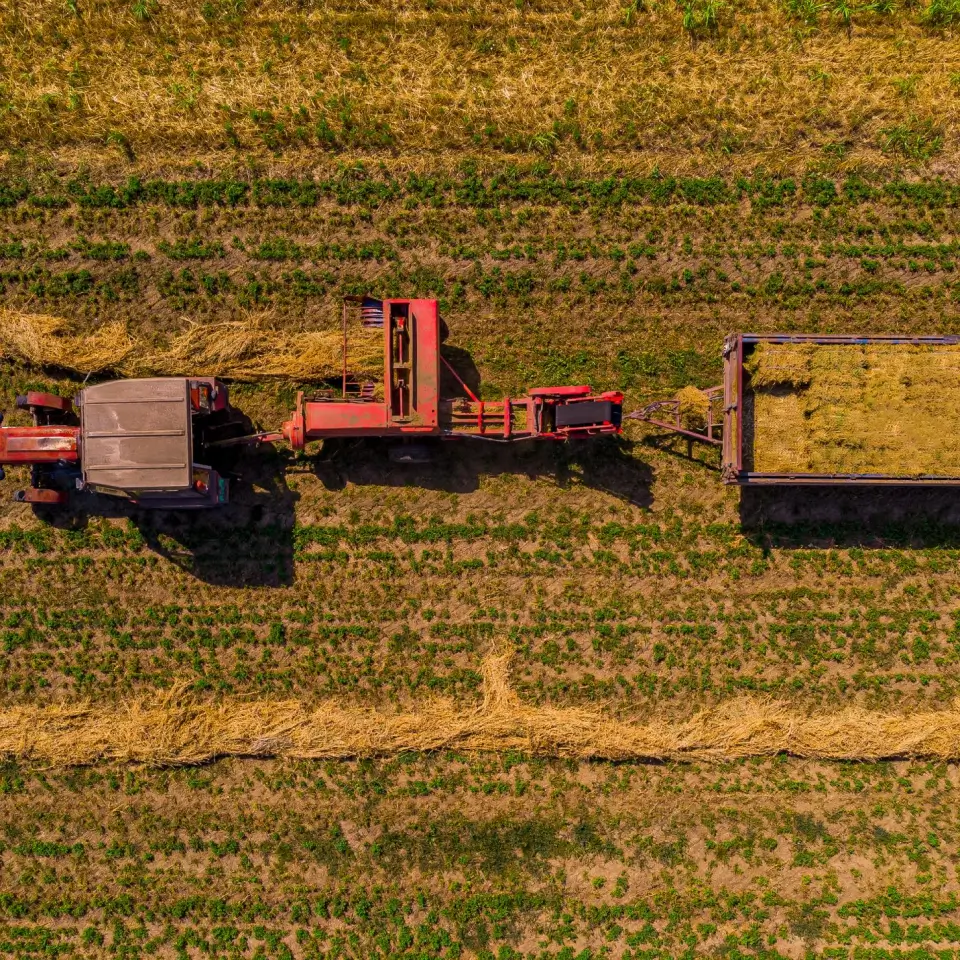
 Summarize this Article with AI
Summarize this Article with AI
